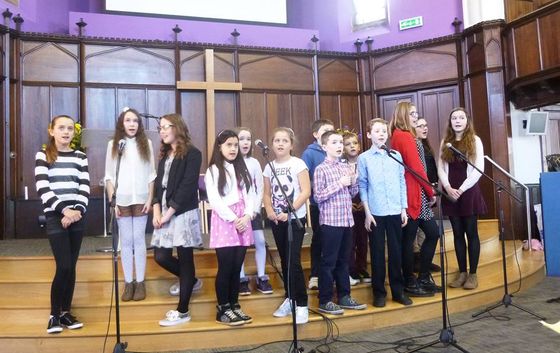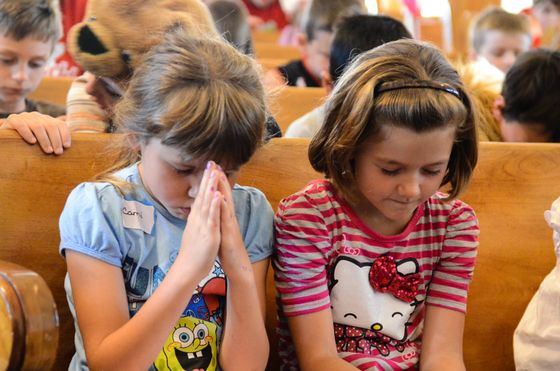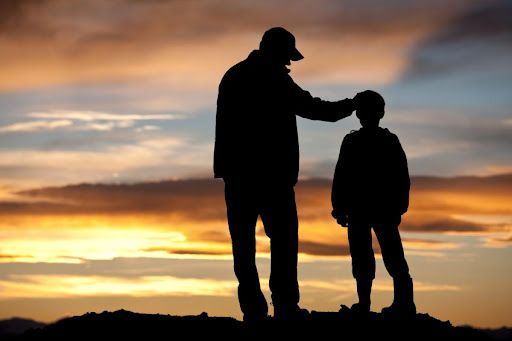
About Us
If you are a current member of a Christian Endeavour group, you will find useful information and help on the websites of the National Unions they will give you details of current events that are happening in CE.
Christian Endeavour was started in America in 1881 by Dr Francis Clark, the minister at Williston Congregational Church, Portland, Maine, as a meeting for young people within his church to help them grow in faith and be trained for Christ's service.
It was so successful that the idea was taken up by other churches and, by the late 1880s, Christian Endeavour Societies had been established in churches across Britain. By 1890, members from these Societies were meeting together at a national level and, at the 6th British Convention, held in Britain in 1896, the Christian Endeavour Union of Great Britain and Ireland was formed.
It continues today to support the work of Christian Endeavour within England, Scotland, Wales, Northern Ireland and the Republic of Ireland. It seeks to encourage Christian Endeavour at a variety of levels, to maintain the organisation and to extend the movement.
The CEUGB&I is a supranational body which links together the National CE Unions. They, in their turn, provide backing and encouragement to local groupings and to the individual groups or Societies within local churches.
Further information about Christian Endeavour can be found on these links:
Christian Endeavour is church-based and Christ-centred.

CE encourages
- commitment to Christ and the local church. Its motto is 'For Christ and the Church'
- the reading of the Bible and prayer
- active involvement in the planning of and participation in regular meetings within the local
- church - meetings may have a variety of content, ranging from devotional and Bible-
- based to social and activity
- the development of gifts and talents for use in Christian service in the church and the world.
CE is inclusive - as we have one Father and, as Christians, we are all brothers and sisters in the faith.
CE is interdenominational - as it operates across all denominations.
CE is international - as it is a world-wide movement which currently has over 2 million members.



